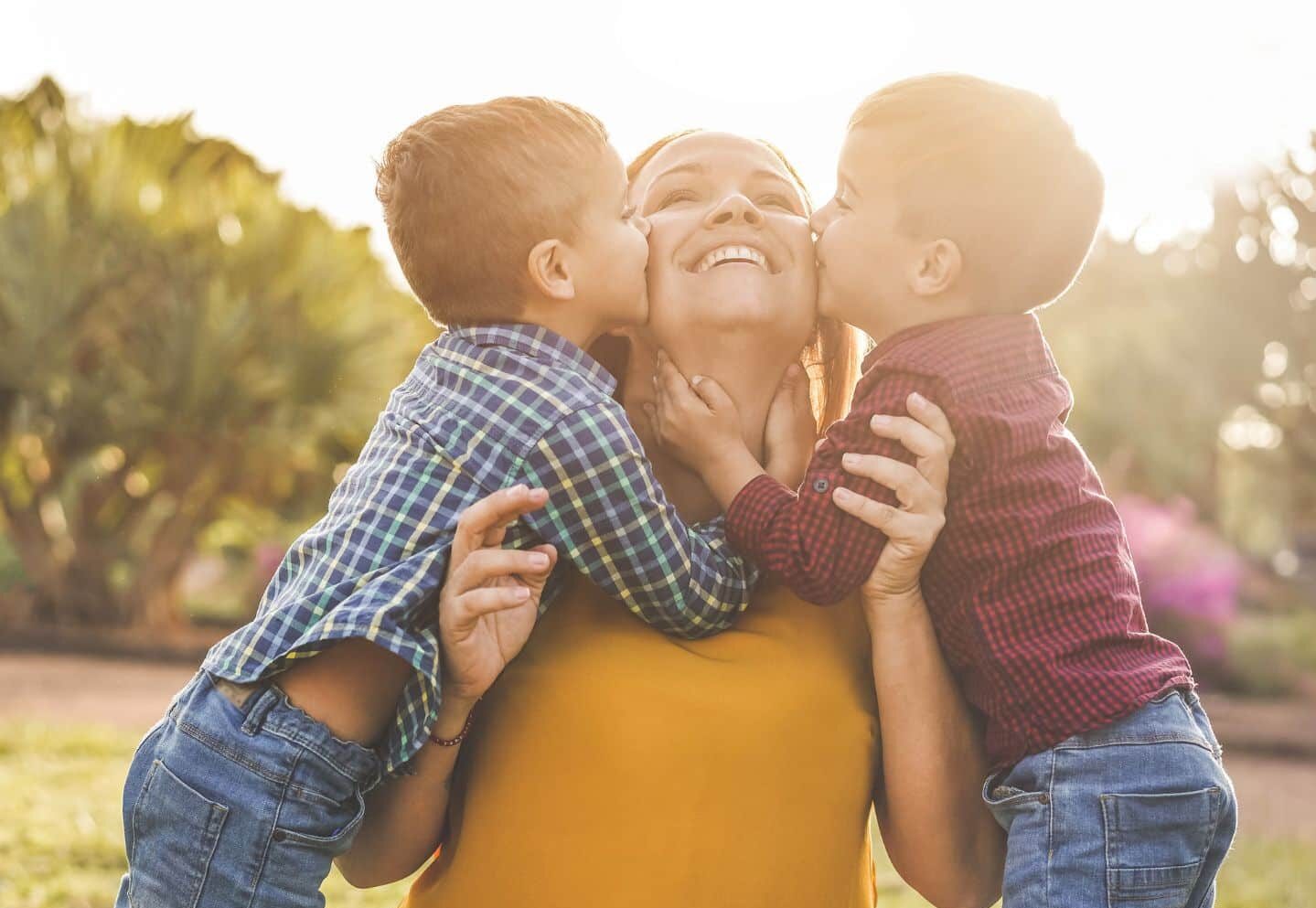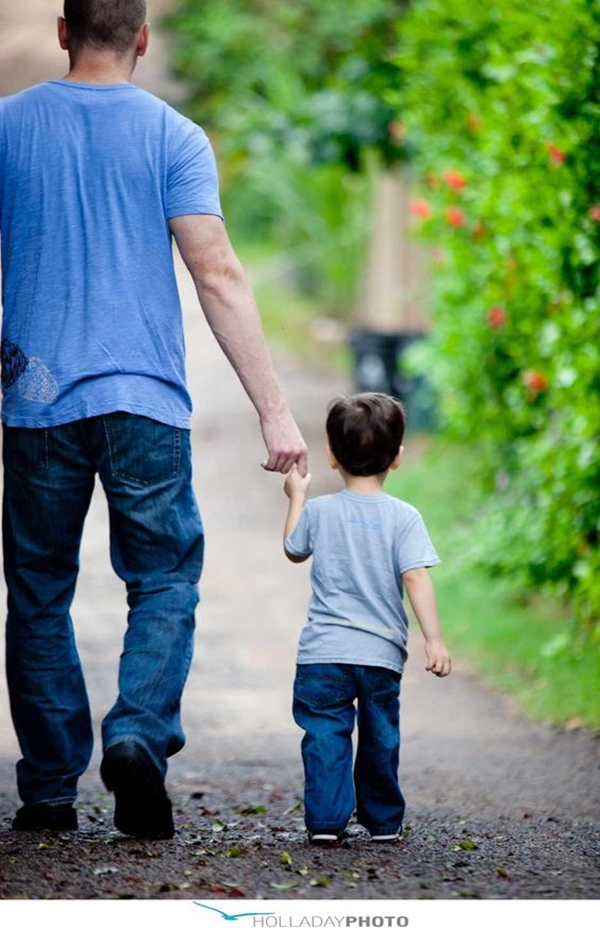Son Killed His Mom - Unraveling The Unthinkable
When news surfaces about a child taking a parent's life, it sends a chill through everyone, doesn't it? This kind of event, so truly upsetting, leaves a lasting mark on communities and the people within them. It makes us pause, you know, and wonder about the things we hold dear, like family connections and the very idea of safety in our homes. It's a moment that asks us to look at the darker side of human actions, a side that is, in a way, hard to fully grasp.
The weight of such a situation can feel incredibly heavy, as a matter of fact. It prompts so many difficult questions, ones that often seem to have no easy answers. We find ourselves trying to make sense of something that just doesn't seem to fit into our usual way of thinking about the world. It’s a moment that really challenges our basic beliefs about how things ought to be between people who are family.
This piece aims to gently explore the broad impact of such a profound loss, touching upon the widespread feelings and the deep desire for some kind of clarity. We'll consider the layers of bewilderment and the collective sadness that can settle over everyone involved, or even those just hearing about it. It's about looking at the emotional aftermath, and how, in some respects, we all try to find a path through the sorrow and confusion that remains.
Table of Contents
- When a Son Kills His Mom - What Questions Arise?
- Trying to Understand Why a Son Kills His Mom
- The Ripple Effect - What Happens After a Son Kills His Mom?
- Community Reactions When a Son Kills His Mom
- Finding Support - How Do People Cope When a Son Kills His Mom?
- The Long Road to Healing After a Son Kills His Mom
- Preventing Such Tragedies - Can We Stop a Son Killing His Mom?
- Looking Ahead After a Son Kills His Mom
When a Son Kills His Mom - What Questions Arise?
When something as devastating as a son taking his mother's life happens, it’s like a massive puzzle with so many missing pieces. People naturally want to know how such a thing could possibly come to pass. It makes you think about the very foundations of family bonds, and how they could seemingly crumble. There are just so many layers to consider, and it can feel a bit overwhelming, to be honest. You might ask, for instance, about the early signs, or if there were any hints that things were going so terribly wrong.
The initial reaction for many is a kind of profound shock, a disbelief that something so unnatural could happen within a family unit. It raises questions about trust, about the kind of protection a parent offers, and the care a child is expected to give back. People often wonder about the history of the relationship, you know, what might have been brewing beneath the surface for a long time. It’s a situation that, in a way, defies easy answers, pushing us to look deeper than just the immediate facts.
Then there's the broader societal inquiry. What does this kind of event say about the pressures people face, or the support systems that might be lacking? It prompts us to consider the hidden struggles that individuals or families might be experiencing. For example, some might ask if mental health challenges were at play, or if there were other deep-seated issues that went unnoticed. The simple truth is, the question really is that difficult, and the answers are often far from simple.
Trying to Understand Why a Son Kills His Mom
Getting to the bottom of why a son might take such a drastic, heartbreaking action against his own mom is a task that often feels impossible. It's not like there's a simple equation you can solve to get a clear answer, you know? People often look for a single cause, but in reality, it's usually a tangled web of things. Maybe there were years of unspoken issues, or perhaps a sudden, overwhelming moment of crisis. We often hear about the need for a "proof of that," a solid explanation, but life’s hardest moments don't always offer that kind of clarity.
The human mind, in a way, tries to make sense of the senseless. We look for patterns, for reasons that fit into our existing ideas of how the world works. But when a son kills his mom, those patterns often break down. You might consider the individual's personal story, their past experiences, or even the environment they grew up in. It's a truly complex area, and trying to evaluate this kind of situation, since its existence seems fairly intuitive in its horror, is a deeply human, though painful, endeavor.
It’s important to remember that every situation is unique, and what drives one person to such an act will differ from another. There are so many things that could be at play: deep emotional wounds, serious psychological issues, or perhaps a build-up of unbearable stress. We want to understand, naturally, so that we might prevent similar events from happening again. It’s a search for knowledge that feels very important, not just for the immediate case, but for the wider community too.
The Ripple Effect - What Happens After a Son Kills His Mom?
When a son takes his mother's life, the impact stretches far beyond the immediate family, reaching out like ripples in a pond. The news spreads, and suddenly, a whole community is grappling with a profound sense of loss and unease. People start to question the safety of their own surroundings, and the sense of peace they once had can feel a bit shaken. It’s a moment that, in some respects, forces everyone to confront the fragility of life and relationships.
Family members, of course, bear the heaviest burden. They are left with an unimaginable void, grappling with grief for the mother and bewilderment over the son's actions. Their lives are irrevocably altered, and the path forward can seem incredibly unclear. It’s a situation where the usual ways of mourning just don't seem to fit, because the circumstances are so truly disturbing.
Beyond the family, friends, neighbors, and even distant acquaintances are touched by the tragedy. Conversations become hushed, and there’s a collective sadness that settles over the area. People might feel a mix of sorrow, anger, and a desperate desire for answers. It’s a stark reminder that the fabric of a community is a delicate thing, and such an event can tear at its very threads.
Community Reactions When a Son Kills His Mom
Communities often react with a mix of sorrow and a kind of deep introspection when a son kills his mom. There's a natural tendency to try and process what has happened, to talk about it in hushed tones, or to openly express sadness. People might gather, or share their feelings online, seeking comfort in shared grief and confusion. It’s a time when the usual daily rhythm of life seems to pause, just a little, as everyone tries to come to terms with the news.
There can also be a push for action, a desire to understand what could have been done differently, or what resources might be needed to prevent such future occurrences. Questions arise about mental health support, about family services, and about how to better spot someone who might be struggling. It’s a moment where the community looks inward, you know, asking itself how it can be more supportive and protective of its members.
Sometimes, too, there's a collective effort to remember the person who was lost, to honor their life and the impact they had. This helps to shift the focus, at least a little, from the terrible act itself to the warmth and connection that was once there. It’s a way for people to support each other, to find strength in numbers, and to begin the long process of healing together.
Finding Support - How Do People Cope When a Son Kills His Mom?
Coping with the aftermath of a son killing his mom is an incredibly difficult journey, and finding the right support is absolutely essential. For those directly affected, it often means reaching out to people who truly understand, like counselors or support groups. It’s a time when traditional ways of dealing with grief might not feel enough, because the nature of the loss is so truly unique and unsettling. People need spaces where they can express their complex feelings without judgment, you know?
Friends and family members, too, often need guidance on how to offer comfort and practical help. It's not always clear what to say or do in such a sensitive situation. Sometimes, just being present, offering a listening ear, or helping with daily tasks can make a significant difference. It's about showing up, basically, in whatever way feels most helpful and genuine.
Professional help, such as therapy or grief counseling, becomes a very important resource. These services can provide tools and strategies for managing the overwhelming emotions that come with such a profound loss. They can help individuals process the trauma, work through feelings of anger or guilt, and gradually find a path toward some kind of peace. It's a long process, certainly, but one that can be made a little easier with the right guidance.
The Long Road to Healing After a Son Kills His Mom
Healing after a tragedy where a son kills his mom is not a quick fix; it's a very long and winding road. There are no shortcuts, and each person's journey will look a bit different. It involves acknowledging the immense pain, allowing oneself to grieve in all its messy forms, and slowly, gently, finding ways to move forward. It’s about learning to live with the absence, and the difficult questions that remain, rather than expecting them to just disappear.
For many, the process involves a deep look at their own beliefs and values, trying to reconcile the horror of the event with their understanding of the world. It can feel like a search for some kind of meaning, or at least a way to make sense of what seems senseless. This internal work is incredibly personal, and it takes a lot of time and patience, honestly.
Over time, with consistent support and self-care, people

The Mom and Son Bond Is Powerful & Tender - Motherly

40 Best Father-Son Photography Poses – Macho Vibes

Father Son Photography | Father son photography, Father son photos